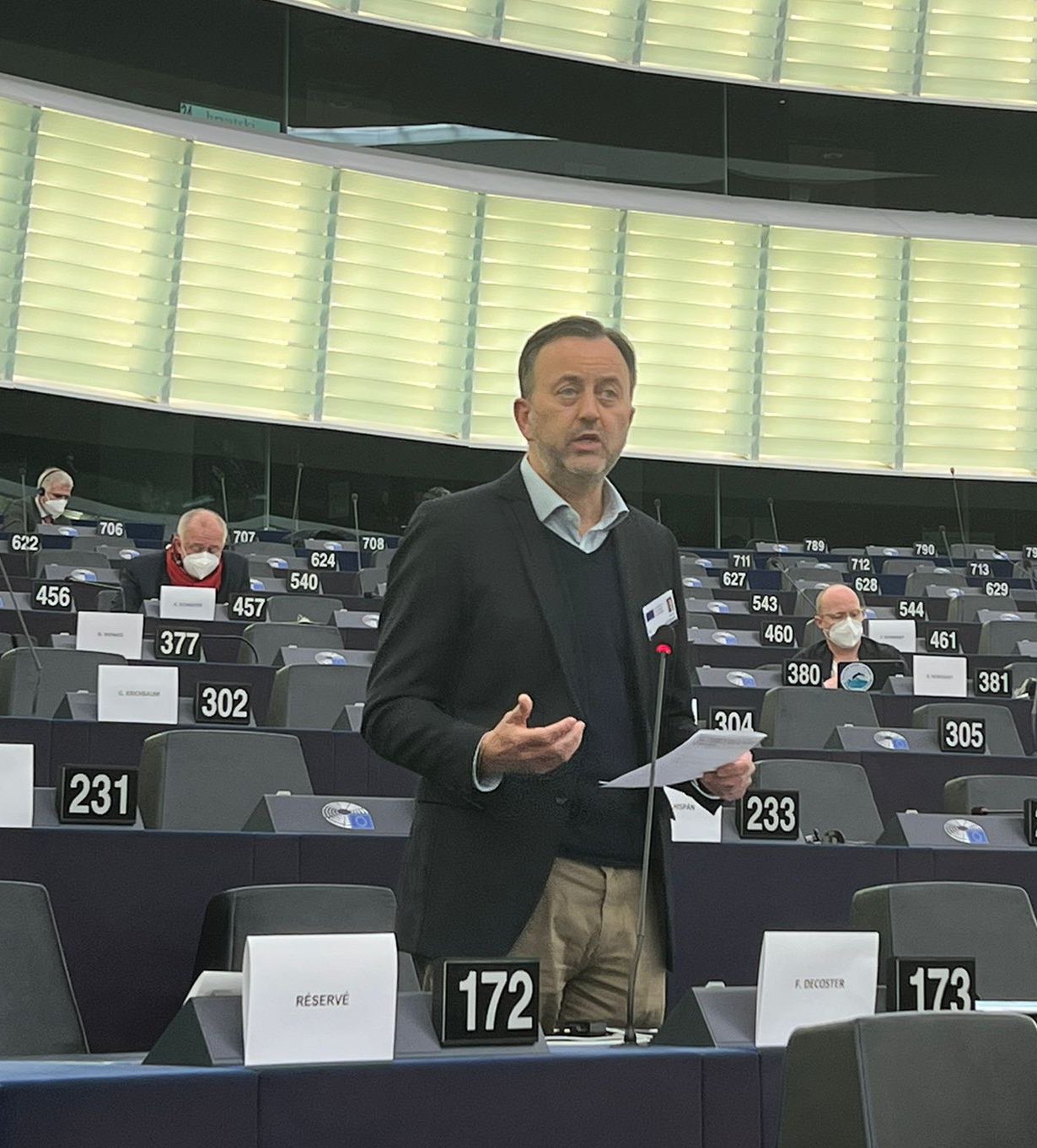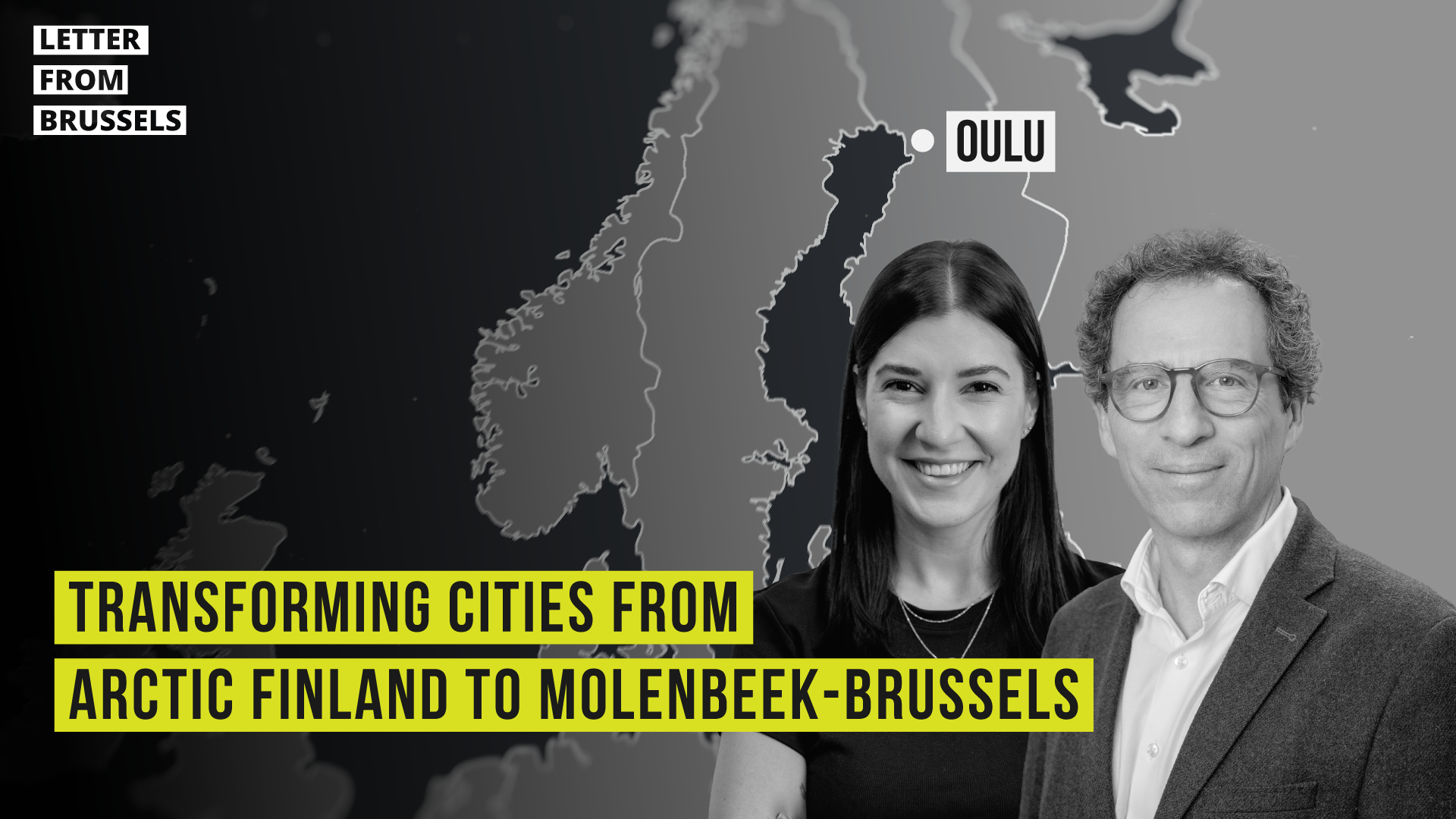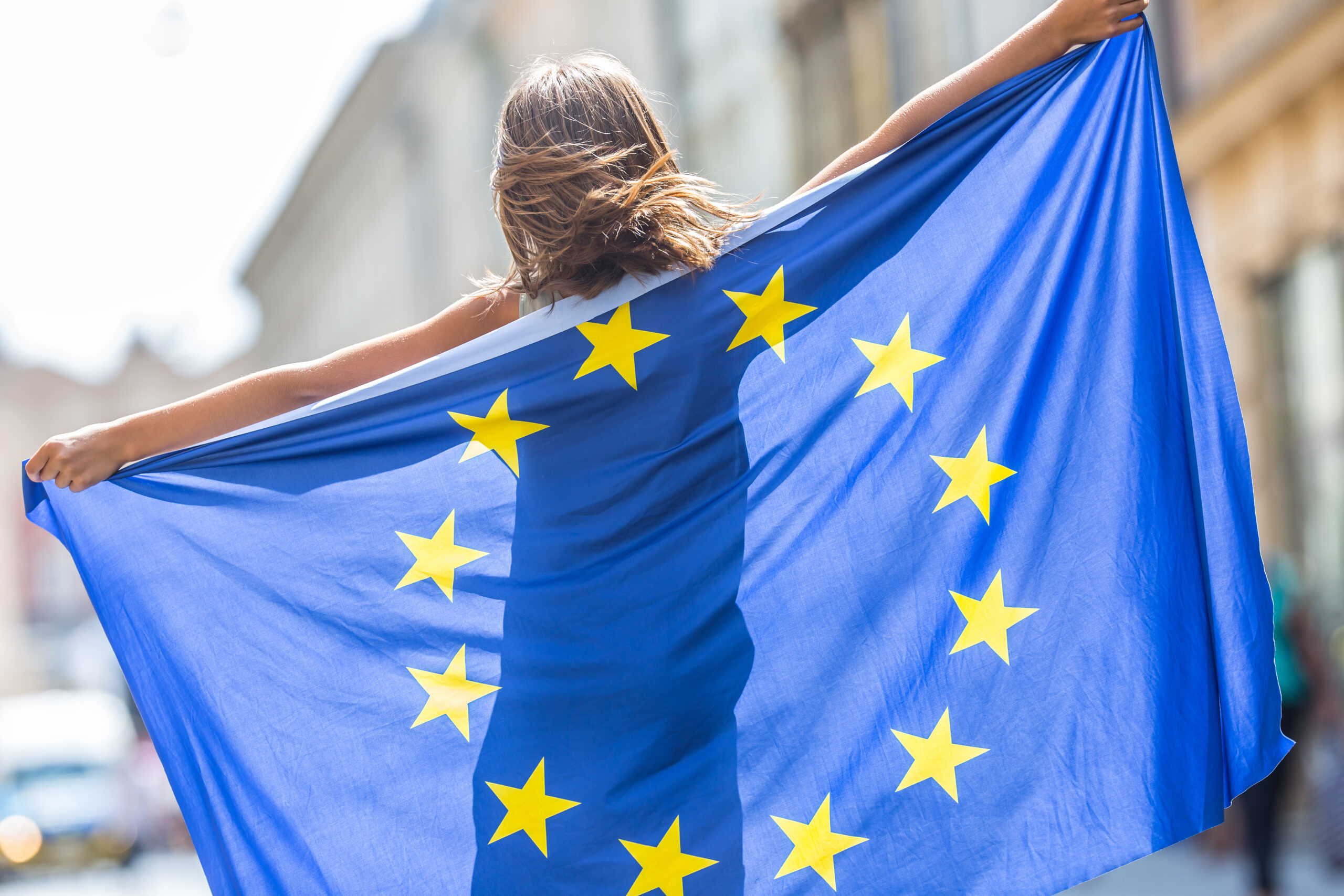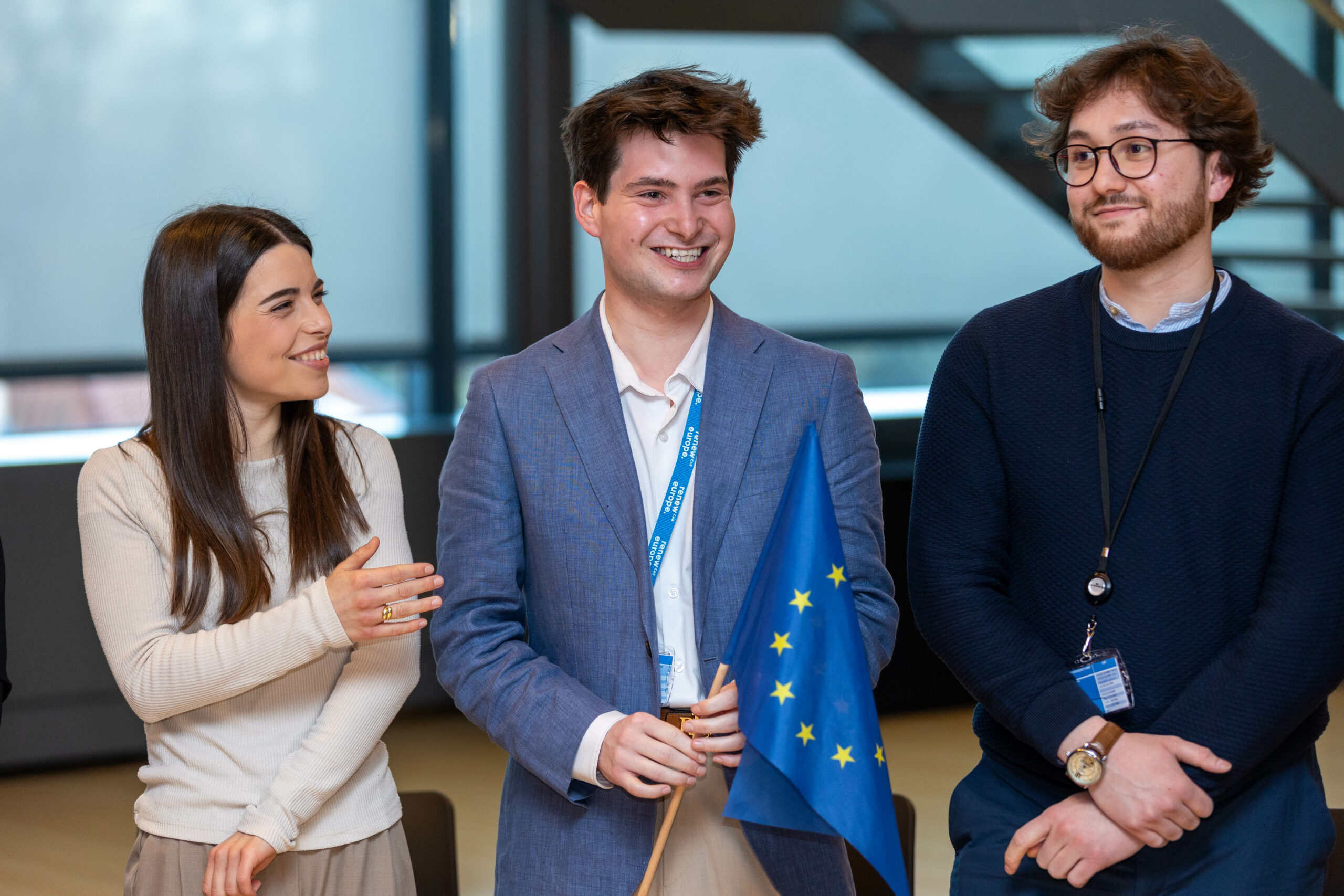At the penultimate session of the Conference on the Future of Europe, Renew Europe CoR President François Decoster discussed the link between life-long learning and fostering a European identity, focusing on the role of local and regional authorities in promoting European values.
By raising education, culture and sport, we spoke about a European identity – we don’t want this identity only to be affirmed when dealing with a crisis – like now with a war at our door. We should feel European every day, every month, every year: Europe should be more present in our culture, in our education, in all our exchanges through sports and multilingualism. I spoke about our initiatives within the European Committee of the Regions to improve the relations with 1.1 million locally and regionally elected representatives through an Erasmus for locally elected representatives, a network of European councillors in our local assemblies,… to make the local representatives a real relay and contact point for Europe
Some here have said that when we, elected representatives, and citizens meet in a hemicycle we construct a new democracy. No, this democracy isn’t new, it is democracy period. It’s the democracy we Mayors or elected local officials practice every day in our municipalities, local councils,…and it’s that democracy we need to keep vibrant and that’s why the future of Europe will be made with local and regional representatives
Cees Loggen, President of the Conference of Peripheral Maritime Regions (CPMR Europe), Regional Minister of North Holland Province and former Renew Europe CoR member, also weighed in:
I want to thank the working group for the good, realistic proposals that take into account the most important aspect of the migration issue: humanity. I want to underline the importance of a strong solidarity mechanism to ensure a fair sharing of solidarity and responsibility between Member States. Secondly, we consider it a key priority to have an EU policy towards labour migration, including a facility for circular migration. Thirdly, we absolutely need a forward-looking strategy to prevent migration on a massive scale, among others by building resilience to counter the effects of climate change. Finally, we consider it important that first reception and early integration measures are supported by the EU. Regional and local authorities provide a valuable contribution in implementing these measures on the ground. They offer many years of experience in emergency reception of refugees and migrants in regions of first entry. They also offer their experience in the implementation of measures for integration and inclusion in host communities. What we ask for is the means to do so! Through adequate funding and capacity building for regional and local authorities. But also by adopting a real multilevel governance approach





